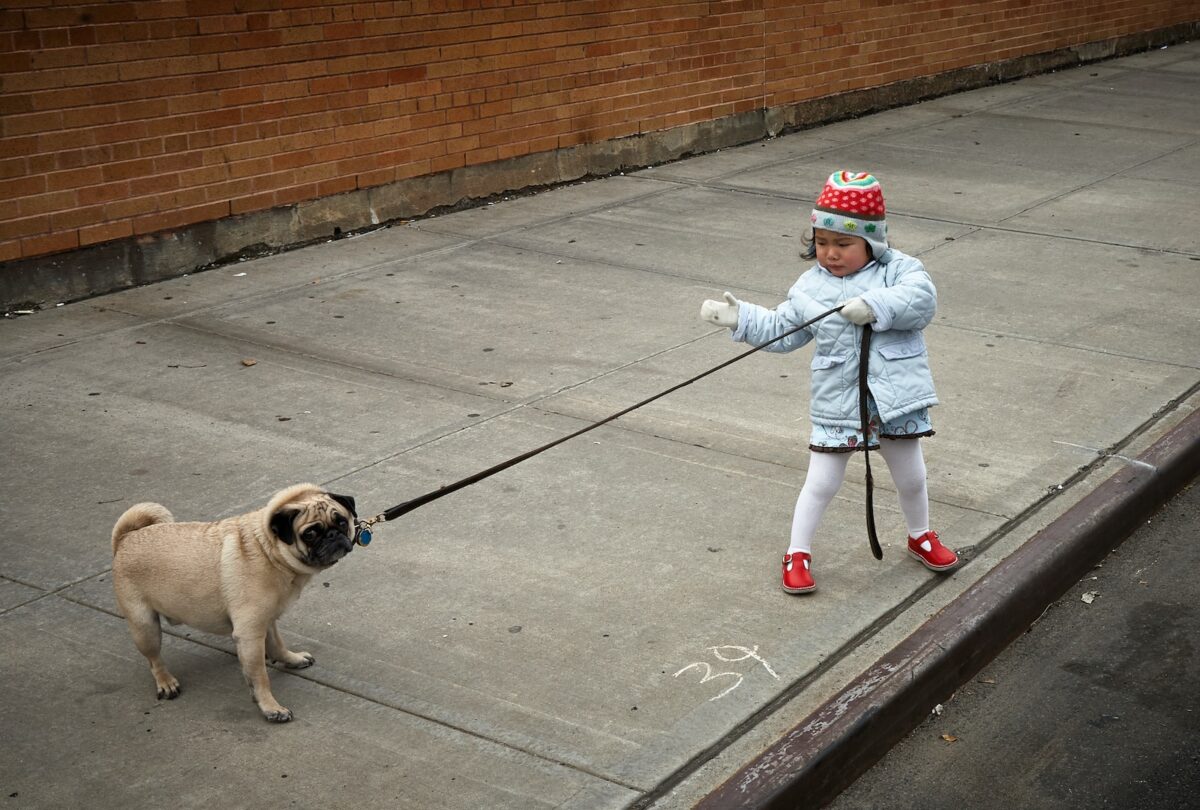Welcoming a new, adorable puppy into your home is a heartwarming experience filled with joy and affection. The bond you share with your furry friend grows stronger with each wagging tail and slobbery kiss. Alongside love and tasty treats, dog training plays a pivotal role. But, in some cases, particularly when dog training difficult breeds, training can require an extra dose of patience and unwavering consistency.
Genetics and a dog’s learning history play a crucial role in this. A history of inconsistent reinforcement can make teaching new commands or changing behavior a bit challenging. Furthermore, dogs with low food motivation might pose a greater training challenge. Other factors, such as separation anxiety, unique personalities, and age, can also influence the ease of training.
The Results
We’ve identified some of the most challenging breeds to train, according to dog behavior experts. It’s not that these pups are untrainable, but they may require some extra attention and special training methods compared to their more easily trainable counterparts. Let’s delve into the world of these wonderful, albeit occasionally headstrong, breeds.
Speaking of which, if you’re interested in a comprehensive dog training program that immerses you in the fundamentals of dog training, I highly endorse Adrienne Farricelli’s “Brain Training For Dogs” program. It’s a great program that really offers a deep dive so that you’ll be able to understand the why, as well as the how, of dog training.
#1 Beagle
The Scent Specialist Beagles, beloved for their family-friendly nature, excel as kids’ companions. However, their unwavering focus on scents and a strong genetic inclination for following trails can make them one of the more challenging breeds to train. “Training them can be a challenge in distracting outdoor environments and off-leash recalls,” notes celebrity dog trainer Chrissy Joy.
Pro Training Tip: Fortunately, Beagles are usually very food-driven, making high-value treats an excellent tool for engaging them in skill-building and fostering good behavior.

#2 Siberian Husky
The Independent Thinker Siberian Huskies were bred for independent thinking, which can make them less responsive to traditional training techniques. Additionally, their tendencies to bark, dig, and run away when not adequately exercised pose training hurdles.
“Huskies are notoriously independent and willful, making them resistant to training methods that other breeds may respond well to,” explains Bradley Phifer, executive director of the Certification Council for Professional Dog Trainers. Their high intelligence and strong sense of identity can make them socially selective and easily offended.
Pro Training Tip: Beginning training as early as possible and providing ample exercise and socialization can help Siberian Huskies become well-behaved and loving companions.
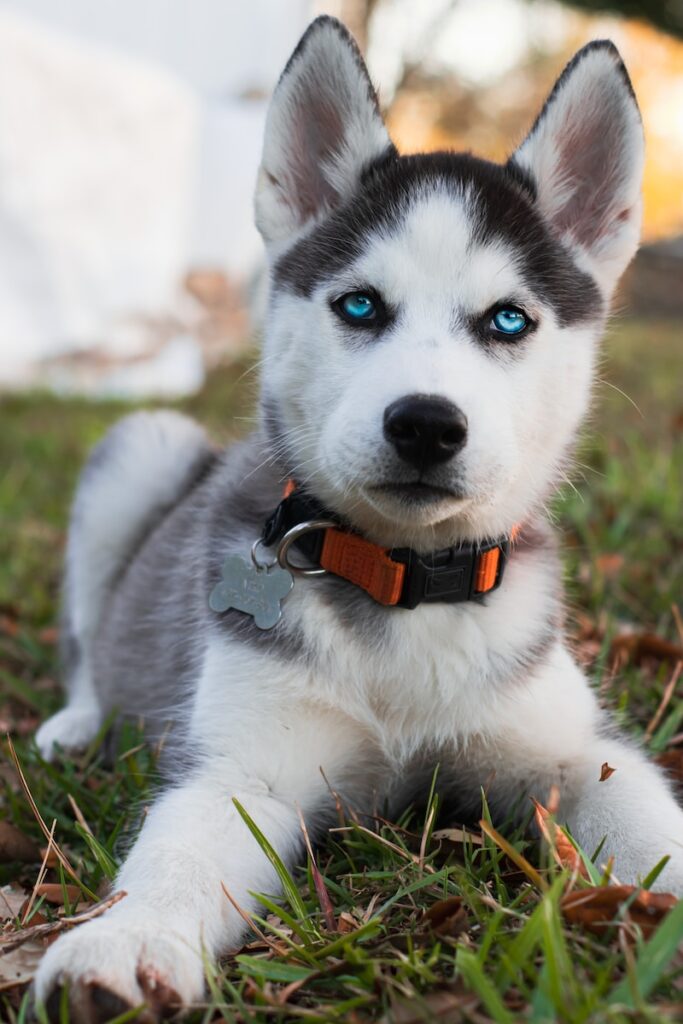
#3 Malamute
The Cold-Weather Independent Malamutes, like Huskies, are a cold-weather breed known for their strong sense of independence. Madson points out that they are often not motivated by food, toys, or pleasing their owners. Their high prey drive makes them prone to chasing after cats, chickens, and other small dogs, a behavior that needs to be reined in.
Pro Training Tip: Engage your Malamute in activities suited to their breed, such as pulling skiers or sleds and playing with a flirt pole to channel their instincts effectively.
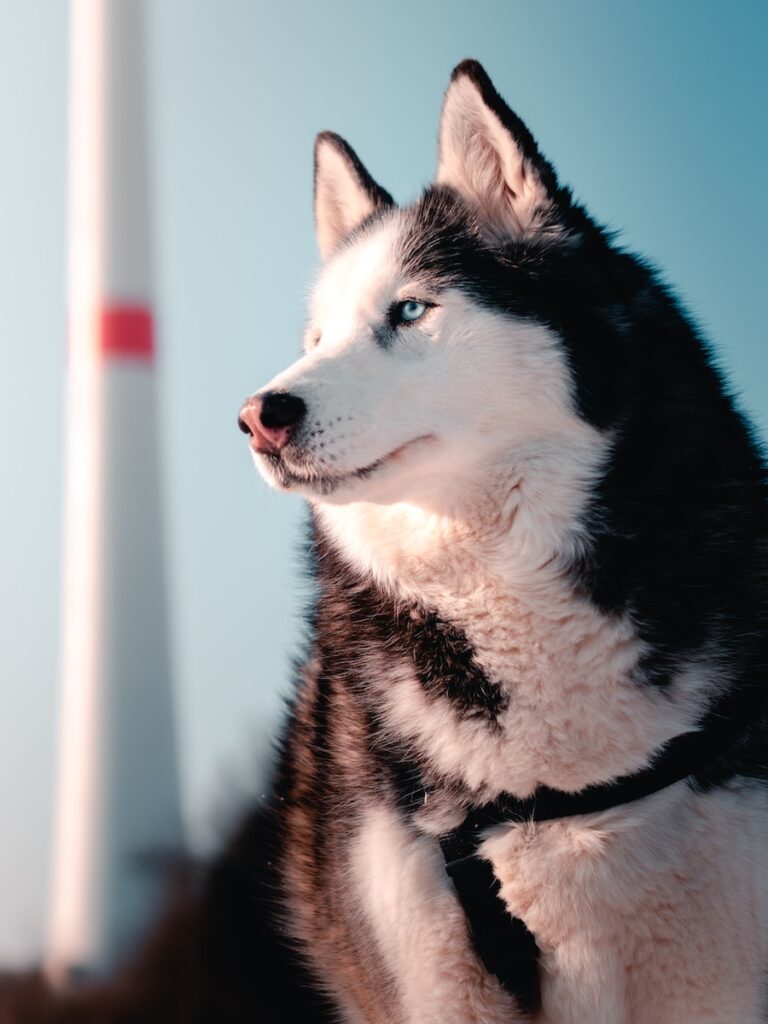
#3 Jack Russell Terrier
The Energetic Dynamo Jack Russell Terriers, known for their small but powerful stature, were originally bred for fox hunting. Joy highlights their high prey drive, which makes them one of the most challenging breeds to train. “It’s essential to research this breed, as they require plenty of exercise and outlets for their intelligent and playful personalities,” advises Joy.
Pro Training Tip: Jack Russell Terriers need energetic outlets and mental engagement through obedience training, tricks, and brain games to stay both physically and mentally satisfied.
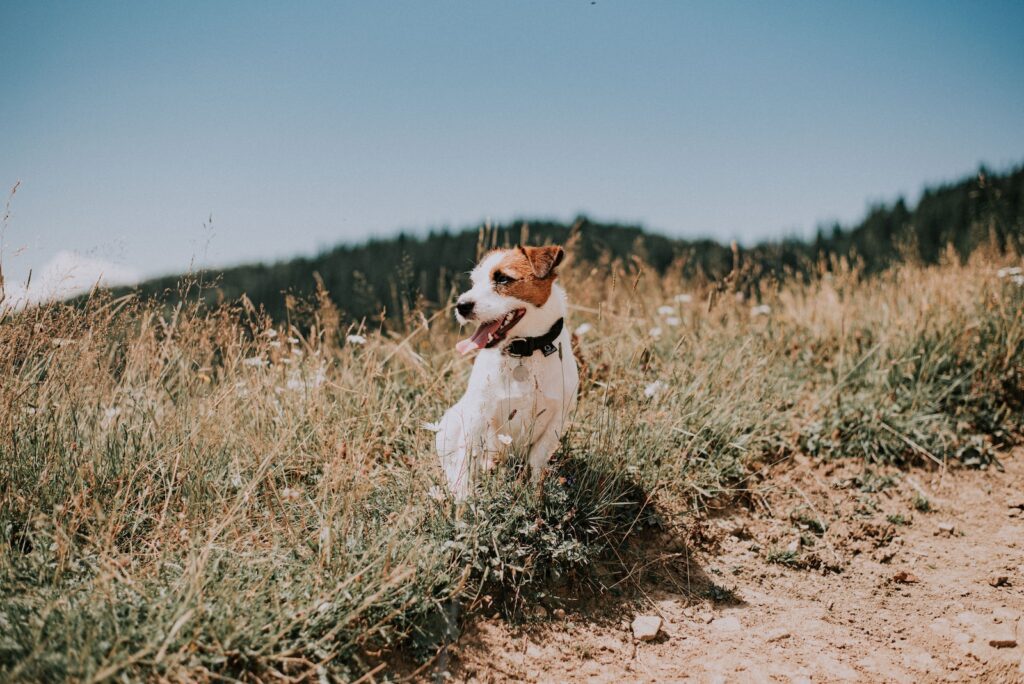
#4 Doodles
The Cuddly Challenge Goldendoodles, Bernedoodles, and other doodle varieties are irresistibly adorable, curly-haired dogs that grace many households. However, there’s a common misconception that these dogs are easy to train. Their increasing anxiety and fearfulness can make them challenging pets.
Pro Training Tip: Early positive socialization and training, along with enrichment activities, can help build confidence and provide mental exercise to alleviate their anxiety and fear-related behavior problems.
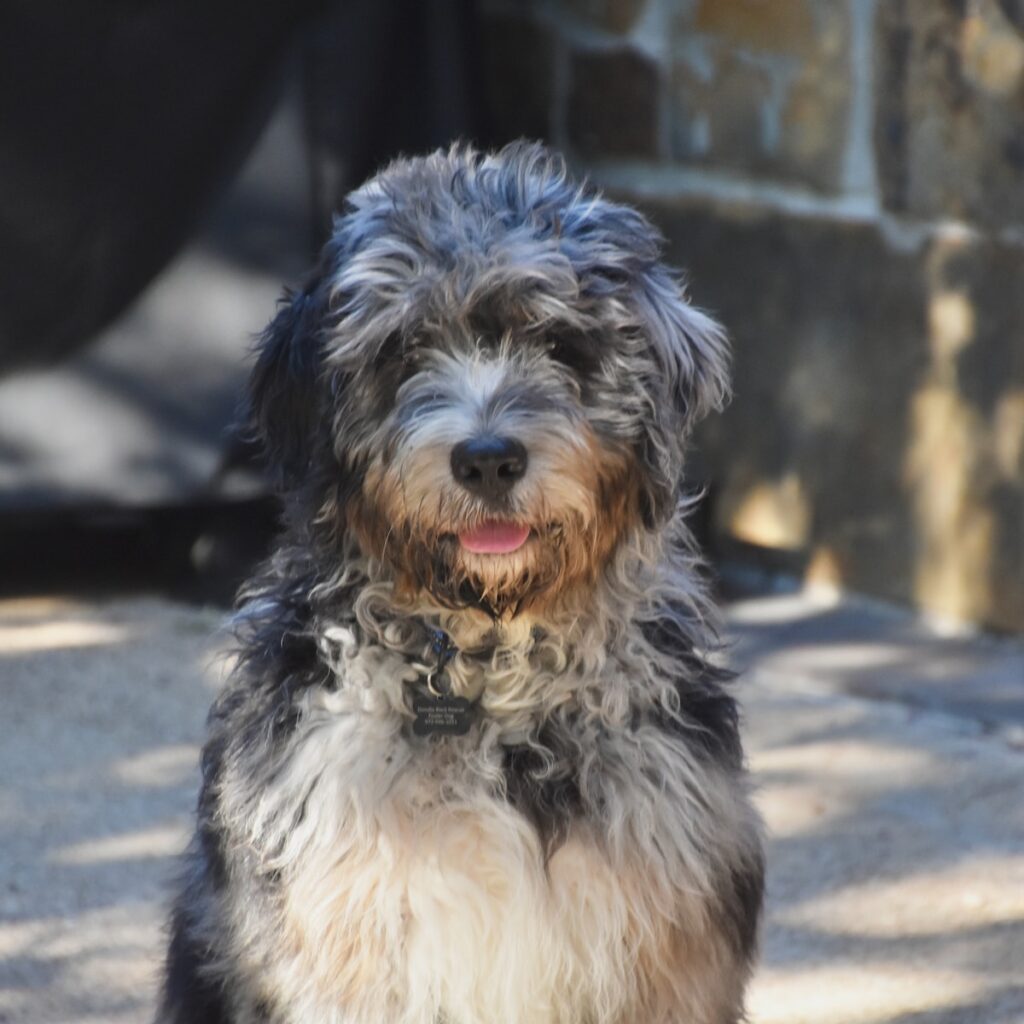
#5 Basenji
The Independent Spirit Basenjis are often described as “cat-like” in their independence. These calm dogs tend not to bark and may challenge you, especially in distracting environments. Their prey drive can overpower treats or toys you may offer during training.
Pro Training Tip: Avoid old-fashioned training methods of training. Focus on engaging your Basenji with a longer leash or more yard space. Find what motivates them most and incorporate it into your training.

#6 Bloodhound
The Scent Specialist Similar to Beagles, Bloodhounds are renowned for their remarkable sense of smell. “Bloodhounds are one of law enforcement’s top choices for locating fugitives and missing individuals,” says Phifer. However, their instincts and self-reliance can pose challenges during training. Bloodhounds are stubborn and easily distracted, making traditional training techniques less effective.
Pro Training Tip: Training Bloodhounds can be more challenging. Persistence, patience, and positive reinforcement will mold them into affectionate and loyal companions.
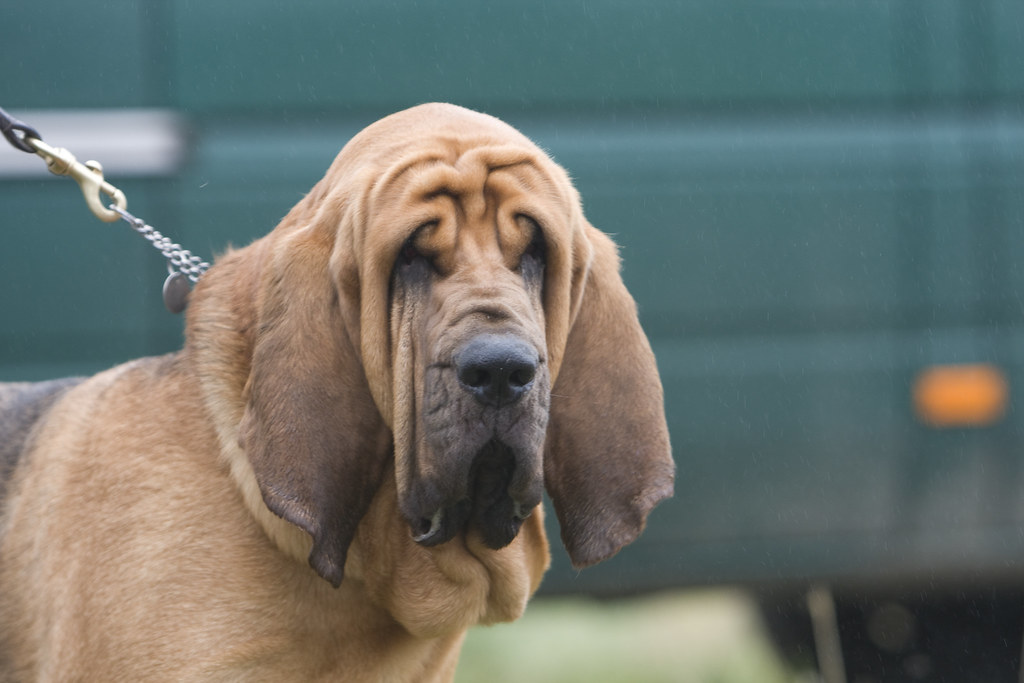
Remember, with the right training techniques, every dog, regardless of breed has the potential to learn and be a well-behaved and obedient companion. Your journey together may have its unique challenges, but the rewards of a strong, loving bond are worth every effort.
